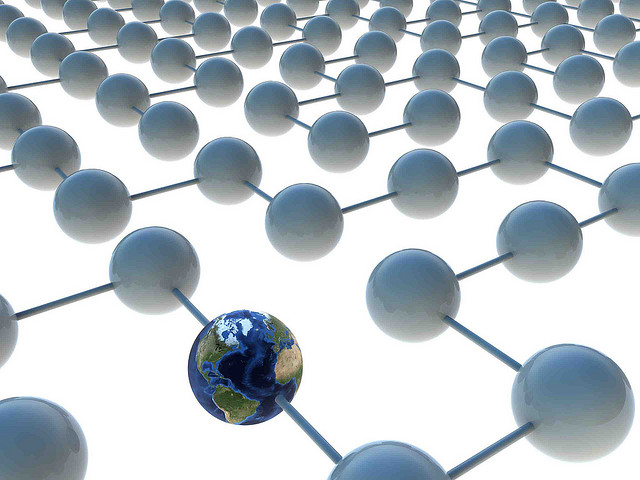Just a few minutes ago I posted a “talk” session called Carpentry as a Way of Knowing. As an alternative to that session I want to propose actually doing the thing we’d be talking about in that other session: building a bot. This would be hands-on session in which we would collectively—or as individuals—build a Twitter bot. No experience required. I’ll say that again: No. Experience. Required. I’m no programmer, but I’ve built my share of bots, often in order to better understand the source material I’m working with. (See? See?—I am making as a way of knowing!) And if I can do it, anybody can.
I’m labeling this a “make” session instead of a “teach” session because I’m in no position to teach this subject (though apparently I do), but I can at least “coach” it. If this sessions runs, bring a laptop. I recommend installing node.js, a server-side Javascript engine, but that’s only because I’m most comfortable working in node, and I can provide a lot of node.js templates for Twitter bots. If you’re already familiar with another language, run with it. Python is a favorite among digital humanists, but frankly Python scares me. Node scares me too, but at least I’ve developed some coping mechanisms over the past 9 months of working in Node.
So what do you say? Shall we build a bot?

 One of the key attractions of digital humanities in the undergraduate curriculum is the promise that it offers a to teach skills needed for the 21st century student. But, what are those skills? What are the essential learning outcomes needed in a globally networked world and how might digital humanities or, more broadly, digital scholarship help meet those outcomes? For this session, I propose we look at some suggested lists of learning outcomes and use them to stimulate our thinking about what learning outcomes our institutions might offer to undergraduate students. Then we will generate our own list(s) of learning outcomes.
One of the key attractions of digital humanities in the undergraduate curriculum is the promise that it offers a to teach skills needed for the 21st century student. But, what are those skills? What are the essential learning outcomes needed in a globally networked world and how might digital humanities or, more broadly, digital scholarship help meet those outcomes? For this session, I propose we look at some suggested lists of learning outcomes and use them to stimulate our thinking about what learning outcomes our institutions might offer to undergraduate students. Then we will generate our own list(s) of learning outcomes.

